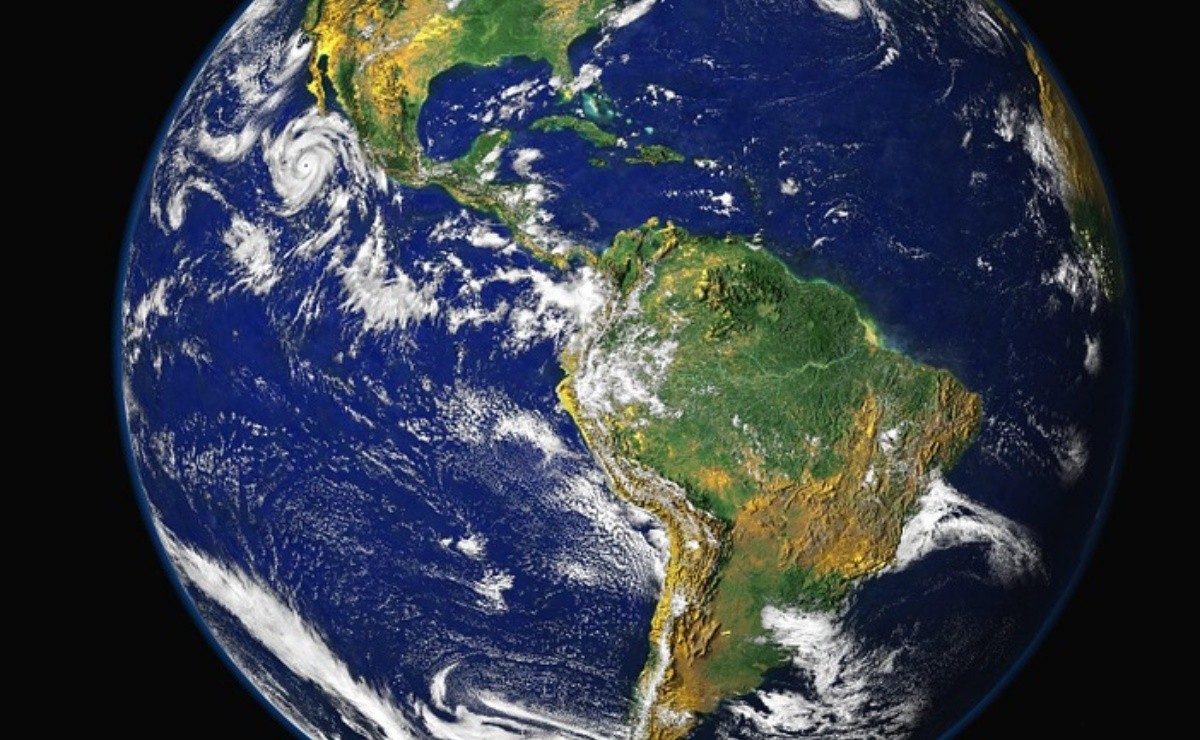
Climate change has strongly affected the oceans
In the last 25 years, the oceans have absorbed the heat equivalent to the explosion of 3.6 billion bombs like the one in Hiroshima , according to a study published Monday by Advances in Atmospheric Science.
In addition, during 2019 the temperature of the oceans was the warmest since there are records , according to the study, which warns that it is not only increasing but also accelerating.
The text signed by 14 scientists from 11 institutes around the world indicates that the warmest temperatures have occurred between the surface and 2,000 meters deep.

In the chapter on records, the work also points out that the last decade has been the warmest in terms of ocean temperatures, especially the last five years.
It may interest you: Scientist shows the Earth without oceans, and it causes concern
The ocean temperature last year was about 0.075 degrees Celsius above the measurement recorded in the period from 1981 to 2010, says a statement from the Institute of Atmospheric Physics of the Chinese Academy of Sciences.
The experts explained that to reach this maximum temperature, the oceans have had to absorb billions of joules of heat, specifically 228 sextillion.
To give an idea of what that figure represents, "the amount of heat we have put into the world’s oceans during the last 25 years is equivalent to 3.6 billion atomic bomb explosions like the one in Hiroshima," said the lead author of the article and Professor of the China International Center for Climate and Environmental Sciences, Lijing Cheng.
The expert assured that this measurement of ocean warming "is irrefutable and is further proof of global warming"; To explain this warming, the author points out that there are no "reasonable alternatives" beyond human gas emissions.
Two data sets
The researchers used a relatively new method of analysis that allowed them to examine heat trends over the past 50 years, and the study also includes temperature changes in the oceans recorded by the United States’ National Oceanic and Atmospheric Administration (Noaa).
"The two independent data sets indicate that the last five years have been the warmest on record for global ocean temperatures," the note added.
Global warming "is real and it is getting worse" and this is only "the tip of the iceberg of what is to come. Fortunately we can do something: we can use energy more wisely and diversify our energy sources. We have the power to reduce this problem, "said study co-author John Abraham of the US University of St. Thomas.
The researchers noted that work can be done to reverse the effect of human activity on climate, but "the ocean will take longer to respond than it does to atmospheric and terrestrial environments."
Since 1970, more than 90% of the heat from global warming has gone into the ocean, while only four percent of it warmed the atmosphere and the land.
It may interest you: Pope Francis warns about plastics that pollute seas and oceans